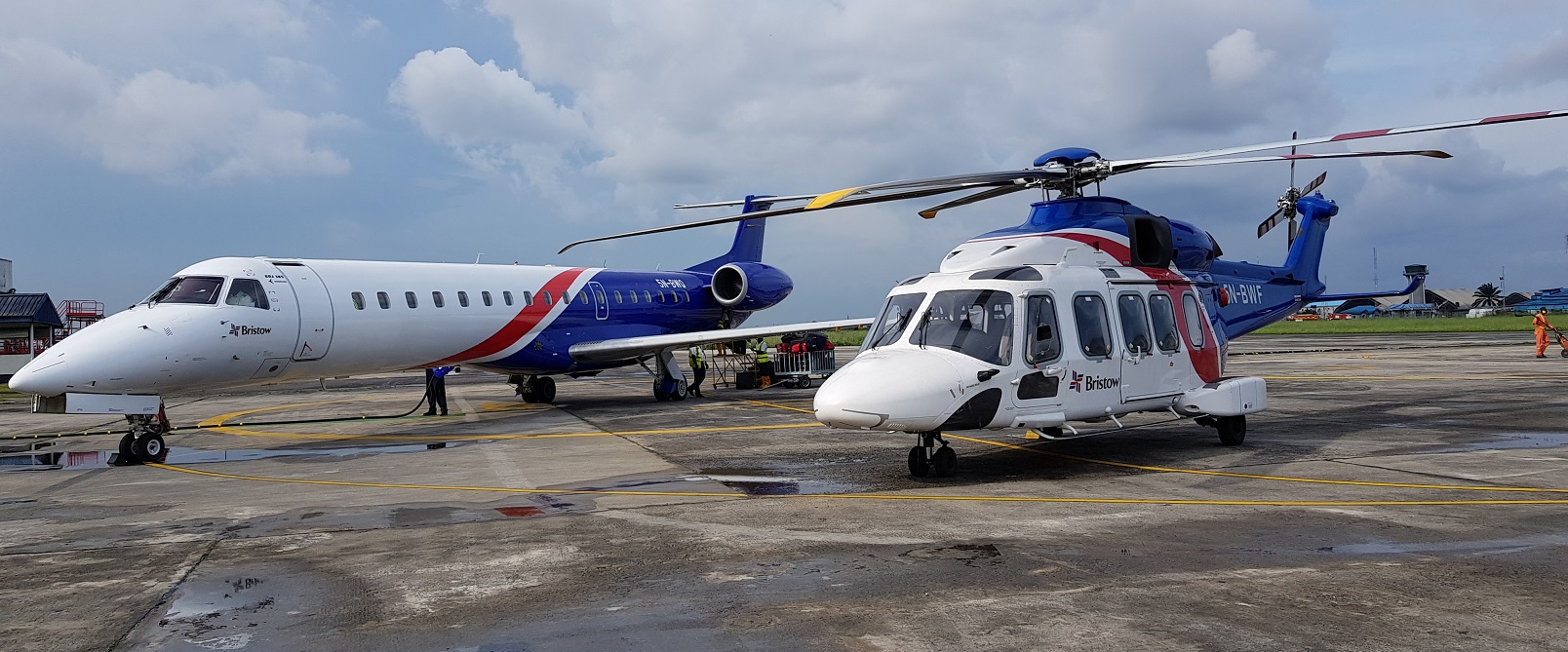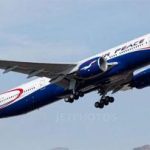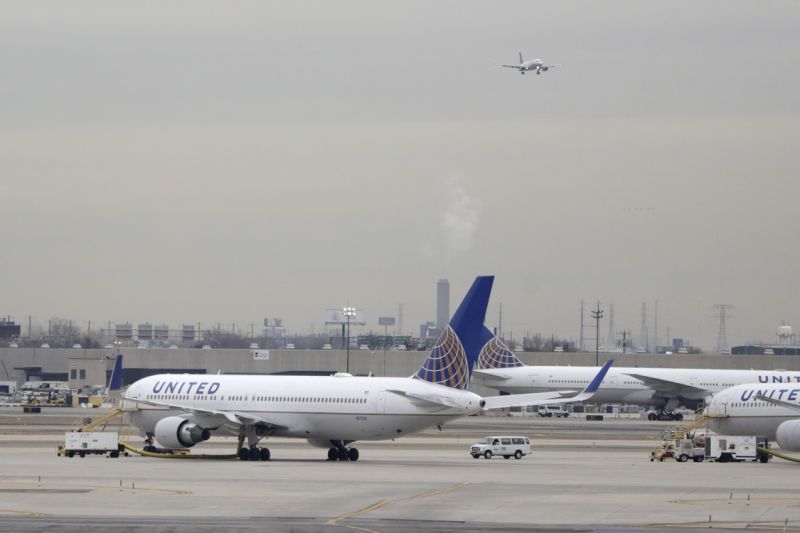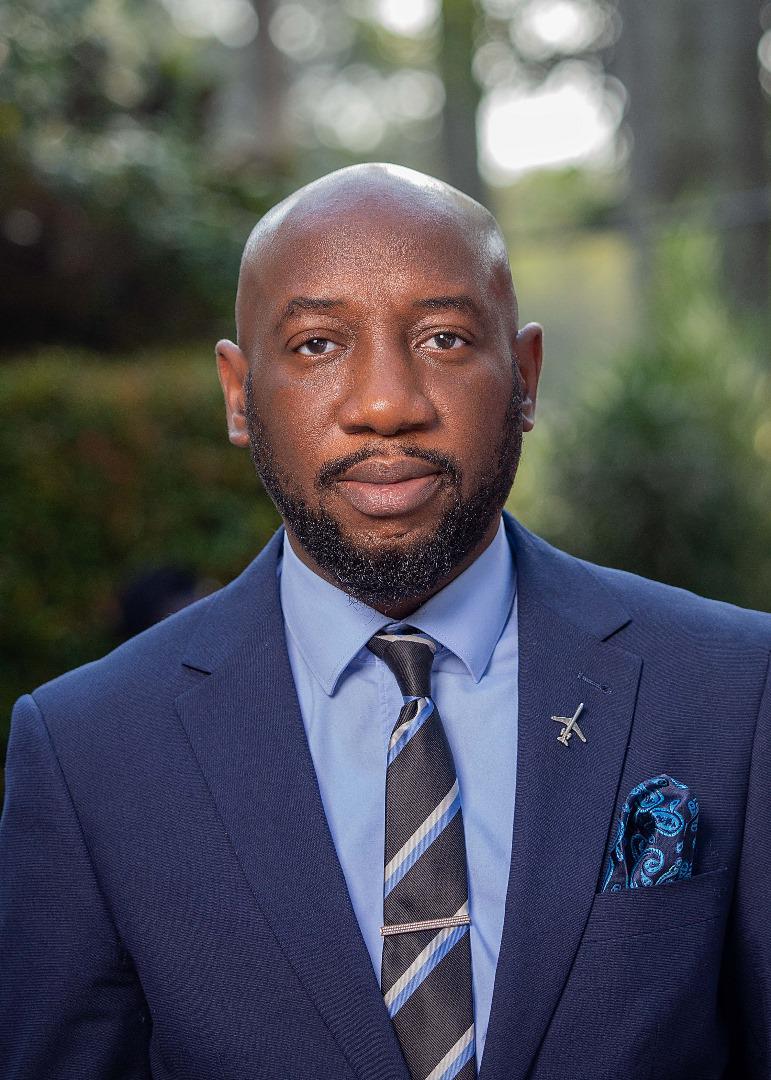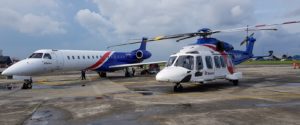
Stakeholders in Nigeria’s aviation industry yesterday called for the urgent revival of the sector, which they said has deteriorated and is facing existential threat.
This is coming as the Nigerian Airspace Management Agency (NAMA) said that it would reintroduce the controversial collection of $300 landing fee from helicopter operators in the country soon.
The stakeholders under the aegis of the Aviation Safety Round Table Initiative (ARTSI), highlighted the need for government to create a conducive environment where businesses can thrive and there is return on investment.
The President of ARTSI, Air Commodore Ademola Onitiju (rtd), urged the government to review its policies in the sector and put it on the road of revival by reducing operational cost for airlines through elimination of multiple taxation, reduction of interest rate and enhancement of safety and competitiveness in the industry.
Speaking at the quarterly Business Breakfast Meeting yesterday in Lagos, Onitiju commended the Minister of Aviation and Aerospace Development, Festus Keyamo, for his efforts in initiating the activation of the Cape Town Convention Practice Directions, which has catapulted Nigeria into the group of nations where lenders and investors can recover their assets and resolve disputes promptly.
But according to Onitiju, in spite of these efforts, the sector still faces numerous challenges, including high air ticket prices, reduced purchasing power of Nigerian citizens, and the need for purposeful coordination between the aviation sector and other government agencies.
To address these challenges, ARTSI recommended a range of measures, including the establishment of an Aviation Finance Bank, a single-digit lending rate for the sector, and the exemption of local refineries from taxation related to the production of Jet A1 fuel.
The body has also called for the strengthening and funding of aviation agencies, the adoption of new technologies, including drones and electric vertical take-off and landing aircraft, and the implementation of a domestic Public Service Obligation policy.
ARTSI also emphasised the need for human capital development, the suspension of operational charges, and the protection of local airlines from the adverse consequences of Open Skies and AfCTA operations.
Onitiju urged the government to demonstrate political will to implement these recommendations and protect the aviation sector, which he described as a catalyst for the growth of the tourism, hospitality, and other sectors of the economy.
Meanwhile, the Nigerian Airspace Management Agency has said that it would recommence the collection of the controversial $300 landing fee on helicopter operators in the country soon.
Speaking at the 53rd Annual General Meeting (AGM) of the Nigerian Air Traffic Controllers’ Association (NATCA) yesterday in Kano, Director of Air Traffic Services, NAMA, John Tayo, said that the collection of the fee would ease the agency’s current financial burden.
Presenting a paper titled: “Financial Constraints Affecting Nigeria’s Air Navigation Provision: Impact and Mitigation Strategies,’’ Tayo said that the federal government prevailed on it to drop the fee when it commenced its collection a few months ago, but declared that this time around, there was no going back.
He was however silent on when the agency would resume the collection of the controversial fee from helicopter operators flying within the country’s airspace.
He said: “In the next few weeks, we will recommence the collection of $300 landing fee from helicopter operators. We started earlier, but the government directed us to suspend it then due to some issues in the country, but this time around, we will resume the collection.”
The federal government through the Ministry of Aviation and Aerospace Development, had engaged NAEBI Dynamic Concept to collect the fee from helicopter landings and take-offs on and from oil rig platforms and private helipads.
But the decision to collect the fee had been mired in controversy because the helicopter companies said they had been paying charges as detailed in the Nigeria Civil Aviation Regulations (NCAR) and therefore need not pay any other extra fees.
Also, Airline Operators of Nigeria (AON), had argued that there was neither legal framework nor legal justification for the company to introduce such a fee.
It insisted that aside certification of helipads, most of which are privately-owned, and for which it charged certification fee, NAEBI did not provide any service to helicopter operators that would justify the imposition of such
Presenting a paper titled: “Financial Constraints Affecting Nigeria’s Air Navigation Provision: Impact and Mitigation Strategies,’’ Tayo said that the federal government prevailed on it to drop the fee when it commenced its collection a few months ago, but declared that this time around, there was no going back.
He was however silent on when the agency would resume the collection of the controversial fee from helicopter operators flying within the country’s airspace.
He said: “In the next few weeks, we will recommence the collection of $300 landing fee from helicopter operators. We started earlier, but the government directed us to suspend it then due to some issues in the country, but this time around, we will resume the collection.”
The federal government through the Ministry of Aviation and Aerospace Development, had engaged NAEBI Dynamic Concept to collect the fee from helicopter landings and take-offs on and from oil rig platforms and private helipads.
But the decision to collect the fee had been mired in controversy because the helicopter companies said they had been paying charges as detailed in the Nigeria Civil Aviation Regulations (NCAR) and therefore need not pay any other extra fees.
Also, Airline Operators of Nigeria (AON), had argued that there was neither legal framework nor legal justification for the company to introduce such a fee.
It insisted that aside certification of helipads, most of which are privately-owned, and for which it charged certification fee, NAEBI did not provide any service to helicopter operators that would justify the imposition of such.
AON stressed that one of the functions under NAMA Act 2022 was to provide navigation services necessary for the operation of aircraft taking off and landing and integrate them into the overall air traffic systems within the Nigerian airspace.
But the Minister of Aviation and Aerospace Development, Keyamo, had in May 2024 suspended the $300 landing fee for helicopter operators.


